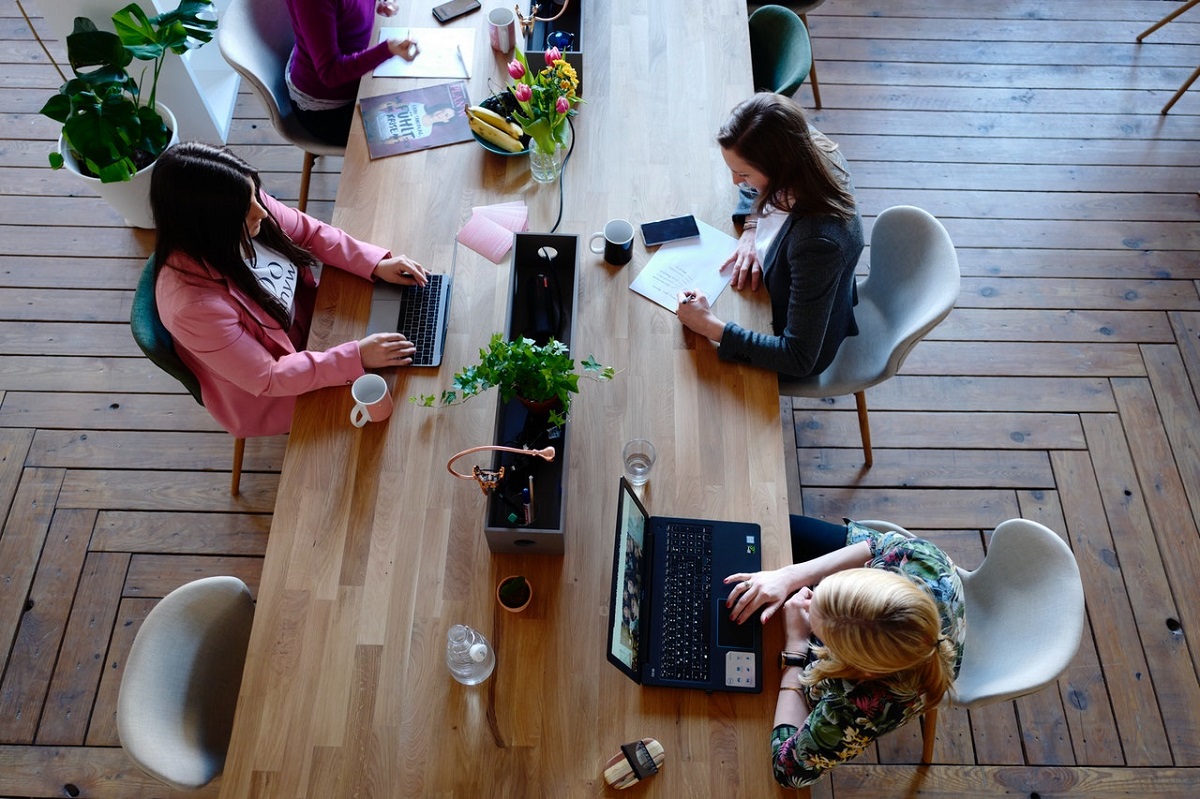Proper office maintenance is the key to maintaining a good working environment for all employees. Aside from health and safety, clean and organized surroundings also help employees be more productive and motivated at work. However, with all the people who come and go in an office, keeping the place clean for as long as possible is often challenging.
That said, we’ve come up with several strategies that can maximize the time between each office cleaning and, at the same time, help save the management time, money, and labor:
1. Ban eating and drinking
One of the most common causes of uncleanliness in the office is employees eating and drinking at their workstations. The average person is likely to leave traces of their food and beverages on their desk, and residue may also end up on the floor around them. Not only that, but crumbs can also make their way into office equipment, especially keyboards and mice.
Therefore, it is a wise decision to disallow eating at desks or drinking beverages that are not in sealed containers. Management should thus encourage employees to eat and drink in the pantry instead, not only to prevent messes but also to promote a more positive work-life balance.
2. Hire professional cleaning services
Regular office maintenance may not always be enough to deep-clean the workplace, and they may not even be obligated to perform deep cleaning tasks. In this case, hiring facility maintenance services is imperative to clean the things and areas that do not normally get cleaned by the building’s regular maintenance staff. This way, the office can stay clean for a longer time as opposed to regular cleaning. For instance, if a professional cleaning service deep cleans the carpet, regular maintenance staff will likely not have to vacuum as much.
3. Make employees accountable

All employees should be accountable for their own messes, and everyone must be responsible for keeping their workstations clean.
With that in mind, office management should encourage employees to organize their workstations before leaving work and clean up the messes they make. Organized desks promote better productivity for everyone as well as help reduce stress levels in the office. Cleaning up one’s own mess, on the other hand, is a great way to teach employees to avoid the things that cause messes and are otherwise avoidable (e.g., bringing an uncovered coffee cup to their desk).
4. Set microwave rules
The microwave is one of the dirtiest things in an office, given that tens or even dozens of people use it every day to heat their food and drinks. Aside from being a health hazard, a dirty microwave can also die earlier than expected, which is an additional expense for the company.
To prevent the microwave from getting too dirty too fast, office managers can set ground rules for the use of the microwave. One of the best rules is not to microwave food items or drinks without a cover (to avoid splattering). It may also be a good idea to disallow the heating up of very odorous foods such as fish to avoid unpleasant smells from wafting through the pantry.
5. Provide plenty of trash receptacles
If the trash bins are always overflowing at the end of the day, then there are not enough trash bins in the office. Office managers must ensure that there are enough trash bins for each area or desk and that they are big enough to contain the average amount of trash that each employee produces every day. Otherwise, trash bins will always be heaping at the end of the day, which can cause a displeasing sight for everyone.
6. Put mats by the doors
Employees track in all sorts of dirt and germs into the office with their shoes. Placing doormats in all entrances is a great way to avoid this.
7. Change or replace air filters
With dirty air filters comes poor indoor air quality and a higher amount of dust, which means not only will employees be breathing in poor air, but there will also be a lot more dust to clean off of surfaces. Changing or replacing the air filters regularly (once every two months for office HVACs) can prevent this, especially if the building is old and inherently dusty.
It’s not just about cleaning the workplace—it’s also about keeping it clean for as long as possible and maximizing the interval between each cleaning. With these changes, companies can keep their offices clean and organized, leading to better productivity, a safer environment, and a healthier workplace for everyone.